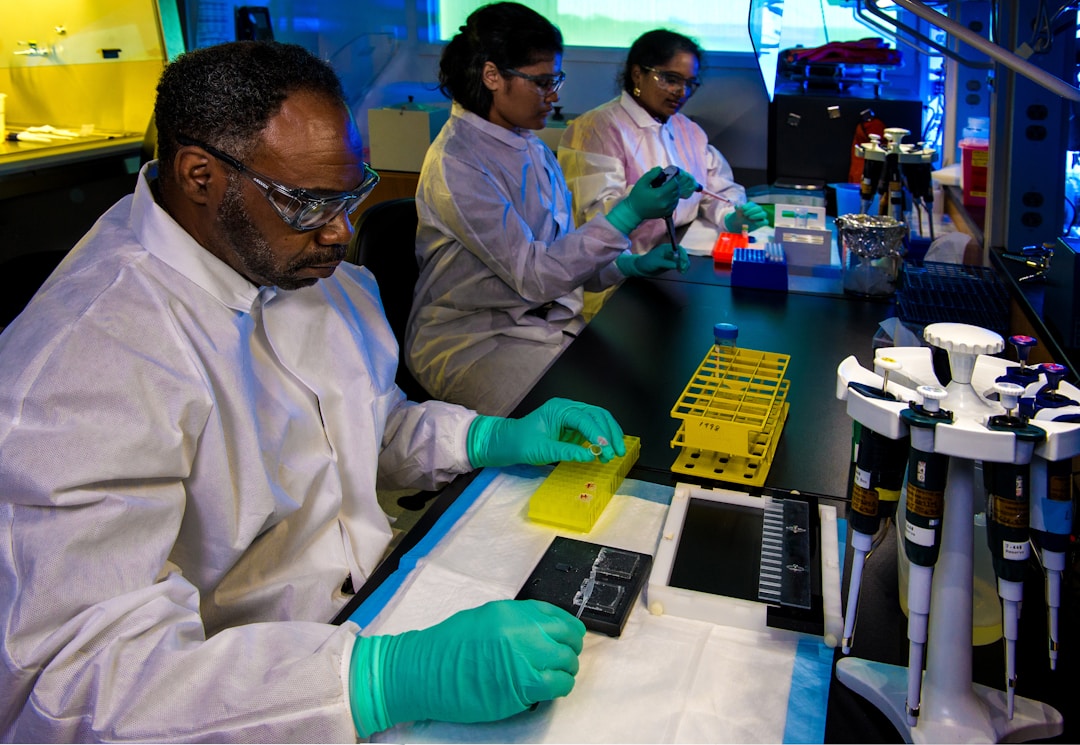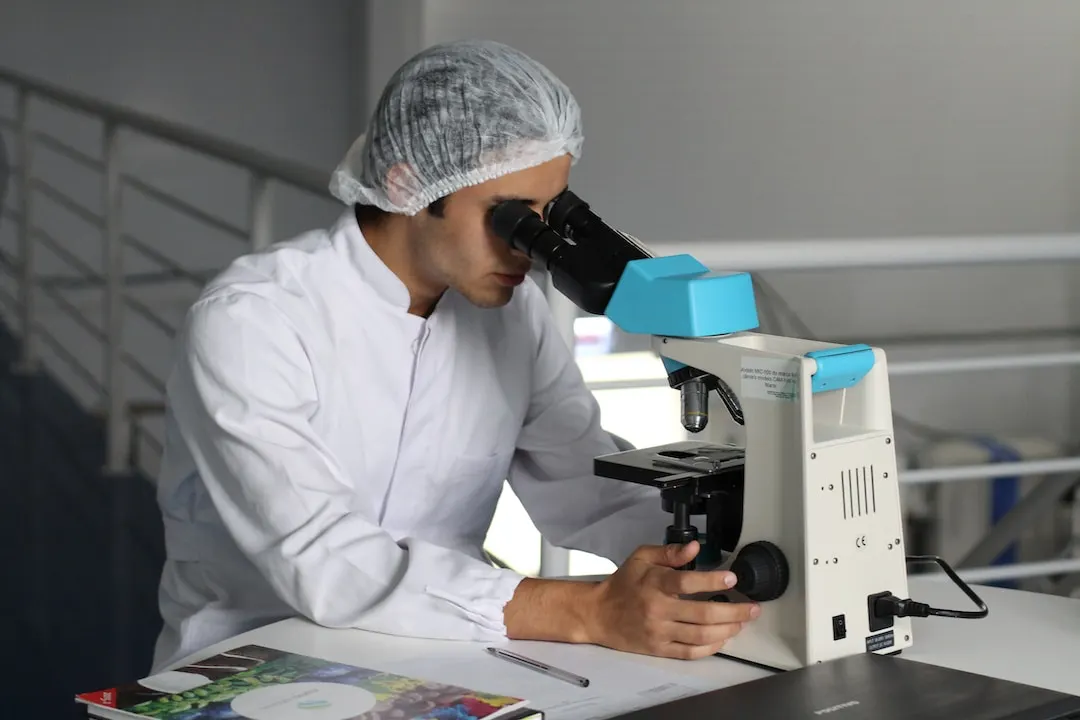In the complex field of medicine, the safety and control of infection are integral to the health of patients and the smooth running of healthcare facilities. This responsibility often rests in the capable hands of medical laboratory scientists. Immersed in intricate investigative work and research, these professionals bring important information about diseases and medical conditions to light, contributing significantly to infection control. In this article, we will delve into the nature of this crucial role and how they accomplish it. Keep reading to learn more.
The Breadth and Depth of Medical Laboratory Science
Medical laboratory science is an inherently broad field encompassing various branches, including clinical chemistry, immunology, microbiology, hematology, and urinalysis. Individuals who have pursued a Bachelor of Science in Medical Laboratory Science possess a comprehensive understanding of these areas, which equips them with the skills and knowledge needed to perform intricate diagnostic testing successfully. They operate sophisticated laboratory equipment, ensuring results’ accuracy and reliability, playing a crucial role in patient diagnosis and treatment.
Medical lab scientists contribute to various aspects of infection control through their breadth of knowledge and skills. They perform diagnostic tests that help doctors identify the precise type and nature of the infection. Understanding the specific microorganism causing the infection can guide targeted treatment using the most effective medications. By providing these accurate and reliable test results, they directly contribute to patient recovery and help prevent the spread of infection in a hospital setting.
But their work doesn’t end there; they also track infection trends within healthcare facilities. By monitoring these patterns, they can identify potential outbreaks before they become widespread, allowing for early intervention and prevention.
Medical Laboratory Scientists in Research and Development
While day-to-day diagnostics form a large part of their work, medical laboratory scientists also play a key role in the realm of research and development. They liaise with scientists and medical professionals to conduct complex research that informs more effective treatments and infection control strategies. Their work in research often involves investigating how viruses and bacteria function, adapt and respond to medical substances, which underpins the development of new medications and vaccines.
Their technical skills and substantive knowledge also mean they are integral to disease surveillance, vaccine development, and the examination of the efficacy of current treatment protocols. This pivotal role highlights how integral they are to the advancement of healthcare practices and the control of infectious diseases.
Furthermore, they are also vital in public health roles, such as diagnosing infections, monitoring disease outbreaks, and developing and implementing control strategies. Such work is designed to contain infectious diseases and prevent their spread among the population.
Medical Lab Scientists and Continuous Learning
The field of medical science is continually evolving with the introduction of new technologies, the discovery of novel diseases and medications, and the continuous demand for more efficient diagnostic techniques and infection control methods. In light of this, medical laboratory scientists must be committed to continuous learning to tap into these advancements and enhance their professional practice. They must keep abreast of recent developments in medical science, technological advancements in laboratory equipment, and evolving trends in infection control and public health.
The Unsung Heroes of Infection Control

The essential role of medical laboratory scientists in the healthcare sector cannot be overstated. They work tirelessly behind the scenes to ensure accurate diagnoses, effective treatments, and efficient infection control. Their expertise forms the bedrock of patient treatment plans. Furthermore, their research contributes to medical advancements and the enhancement of infection control strategies.
Medical laboratory scientists are the unsung infection control heroes. While often unseen by patients, their work is critical to the public’s health and well-being. By delivering accurate diagnoses, contributing to life-saving research, and dedicating themselves to continuous learning, they significantly improve healthcare outcomes and promote safer, healthier communities.

No Responses